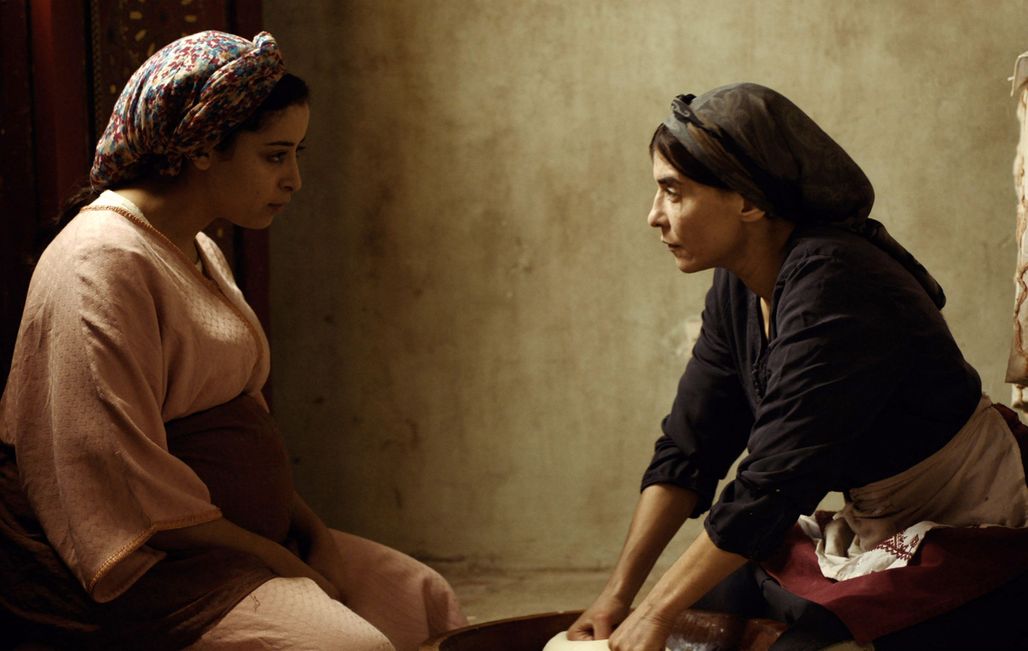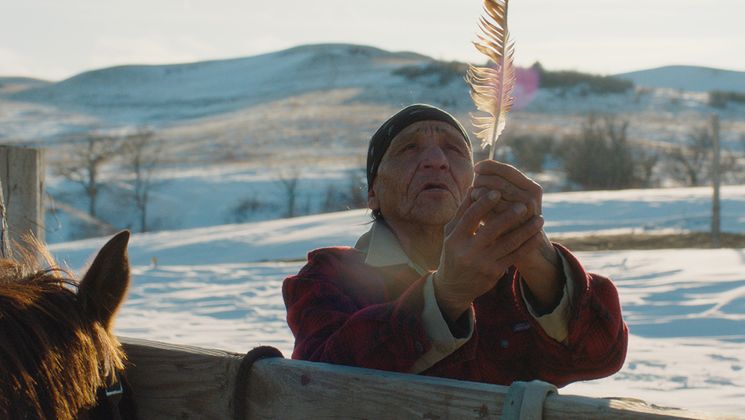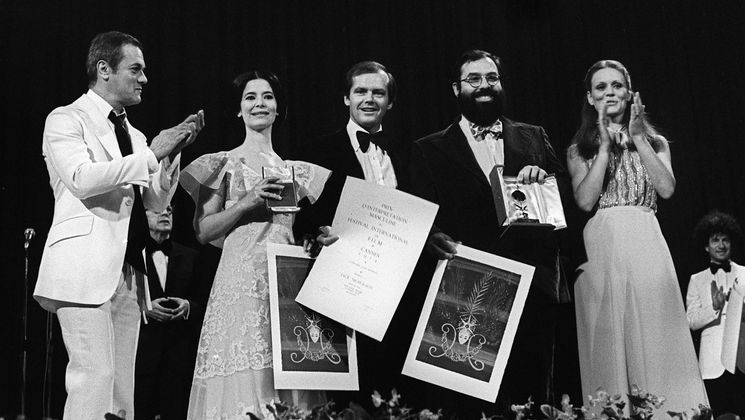
Adam as seen by Maryam Touzani

Adam, the first feature film by Moroccan director Maryam Touzani, paints the portrait of two women united by their loneliness and their desire to flee in search of the essential. Presented in Un Certain Regard, the film is in the running for the Caméra d’or.
Tell us how your film came about.
Adam was born from a real-life encounter. I met the young woman who inspired the character of Samia in Tangier, where she arrived, pregnant and alone, intending to give birth and then offer her child up for adoption, before returning to her village, without anyone knowing about it. My parents took her in without knowing her, and she stayed with us until her baby was born. I saw how she refused to love her baby at the beginning. But little by little, I saw how the child took over her affections, and how her maternal instinct was awakened, despite her attempts to suppress it. The day she went to give it up, she tried to put on a dignified front. That really shook me to the core. I felt the urgent need to write and tell this story, which compounded my own wounds, my experience of loss, denial and grieving.
Tell us a little about your actors
I was struck by Douae Belkhaouda, the young Warda in the film, when I saw her playing in a lane in the medina. She had just the right mix of innocence and mischief that I was looking for. After the rehearsals, she turned out to be sensitive, mature and talented.
Nisrin Erradi, who plays Samia, is an amazing natural, with a rare talent and sensitivity. I was looking for a blend of innocence, joie de vivre and suffering for Samia, which Nisrin directly understood.
Lubna Azabal is an actress I admired a great deal. I find she has a power and an exceptional truth.
What did you learn as you made the film?
I learned just how important it is to surround yourself with good people – talented, certainly, but also benevolent and committed. I also learned that you should never give up but you also have to be discriminating about things because during a shoot, time is of the essence.
What made you want to become a director?
I'm someone who has always loved words but I needed to express myself through images. The power of words and what they give birth to in me as images and sensations, has led to this desire for expression through cinema. I love poetry, literature but also painting which has a very strong influence on my work. If I had to analyse my influences, I would say that it's a mixture of all these things, confronted with humanity and the inspiration of everyday life.
How do you view Moroccan cinema?
I think that the cinema in my country is progressing well but rather timidly. There is a whole new generation of filmmakers who have things to say. And then there are some filmmakers who are slightly on the fringes, who make things happen, like Nabil Ayouch. He doesn't seek to please but to express a certain viewpoint. I think that Morocco is a country where making films is rarely innocuous and that, if you decide to make socially engaged films, it is important to follow through on your convictions.


